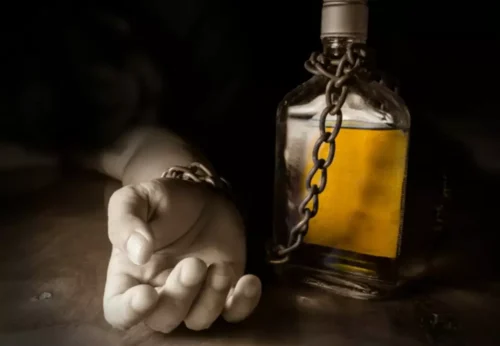
The mood disorders that most commonly co-occur with AUD are major depressive disorder and bipolar disorder. Here, we briefly describe the causes and effects of co-occurrence, the mental health disorders that commonly co-occur with AUD, and the treatment implications for primary care and other healthcare professionals. We start with a visual model of care that indicates when to consider a referral. Drinking might seem like a way to take the edge off, but just be aware that it can lead to addictive behaviors. Getting well means being aware of both your anxiety and your drinking habits. Early diagnosis and treatment are critical in preventing the condition from worsening.
Alcohol and Other Substance Use To Cope With Social Anxiety
- Drinking doesn’t change the structure of your brain overnight, and it won’t be fixed that way, either.
- It is common for people to require separate treatment for depression and alcohol abuse.
- Concentrations of salivary alpha-amylase will be detected by using an in-house enzyme kinetic method according to the protocol described in 63.
- Diazepam is a benzodiazepine that enhances the effects of the neurotransmitter GABA, helping to reduce anxiety.
- If you tend to rely on alcohol to ease anxiety in social situations, for example, you might never address the underlying causes of your discomfort.
CBT focuses on helping you shift the way you think about and frame your feelings and experiences in order to change your patterns. But other forms of therapy have also been successfully used to treat both of these issues. That’s why the medical professional prescribing your meds needs to know about both your anxiety and your history with alcohol in order to provide the most meaningful and effective support. They can help by prescribing meds to combat anxiety that aren’t habit-forming and have a low potential for abuse. Alcohol may have a negative impact on your relationships and your work, school, or home life—yet you keep on drinking.
Study design
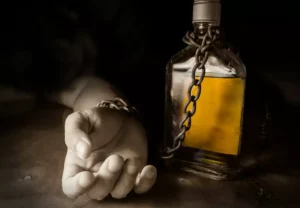
Just as alcohol consumption causes a wide range of effects on the body and mind, so does the period of withdrawal. These effects contribute to day-after dread, even if you don’t have an anxiety disorder diagnosis. How long this anxiety (and other hangover symptoms) lasts depends on factors like how much you’ve consumed, your assigned sex at birth, anxiety and drinking and your weight. As it turns out, I’m not alone in having anxiety the day after drinking (a.k.a. hangxiety).
- According to the NIAAA, anxiety and other psychiatric disorders are common among those with AUD.
- Anxiety disorders are a potential comorbidity of alcohol use disorder (AUD).
- Alcohol may help you fall asleep (pass out) faster, but when you’re drunk, you’re not getting high-quality sleep.
- It works by increasing serotonin levels in the brain, which helps regulate mood and reduce anxiety.
- Alcohol is a depressant.11 It slows down processes in your brain and central nervous system and can initially make you feel less inhibited.12,13 In the short-term, you might feel more relaxed – but these effects wear off quickly.
Individualized, evidence based treatment, to fit your needs.
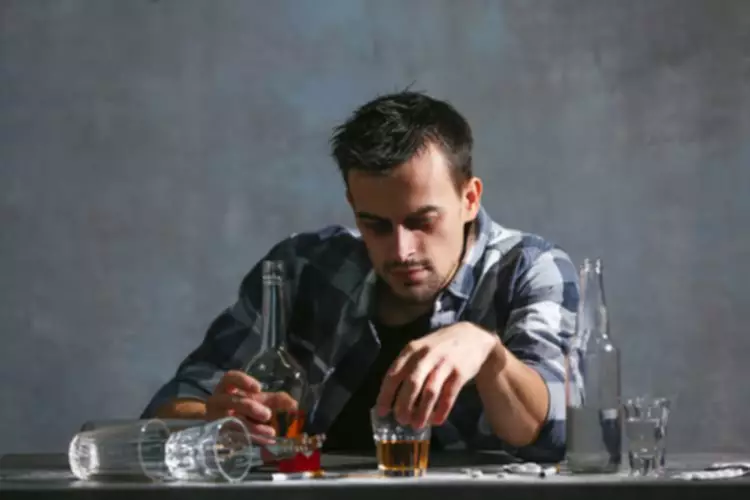
Ultimately, students who tended to drink more when stressed were also more likely to struggle with problematic drinking or an AUD by the time they reached their fourth year of college. Similarly, if you find yourself regularly experiencing the symptoms of an anxiety disorder—including panic attacks—it’s important to seek help. It does so by binding to GABA receptors in the brain—which helps your body to relax and your mind to feel calm. Alcohol is believed to mimic this effect by also binding to GABA receptors. That’s why drinking can help you feel relaxed in the short-term, especially in social situations. When you have healthy habits in place to cope with unwanted feelings, you’ll probably find it easier to use these strategies to push back against distressing emotions you might experience while drinking.
Coping Mechanisms for Anxiety
For example, a person with social anxiety might be afraid of going to a party where there will be many people they do not know. Even simply thinking about attending the gathering might cause them anticipatory anxiety. The whole idea behind self-medicating is using alcohol, drugs, supplements, or other substances as ‘home remedies’ to handle health problems. While this approach can relieve some symptoms, these aren’t doctor-recommended or prescribed methods. In many cases, self-medicating leads to other problems, including worsening symptoms and substance use problems.
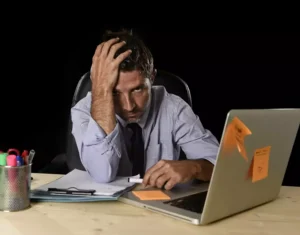
If you feel depressed even when you don’t drink, or you drink because you feel depressed, it’s best to reach out to a mental health professional. When other factors beyond alcohol play into your mood, however, feelings of depression might persist even after your hangover improves. But regularly drinking more alcohol than these guidelines recommend can pose a number of health risks, including depression. Bad sleep can easily affect your mood the next day, since exhaustion and lingering physical symptoms can make it tough to concentrate.
Does Everyone Get Hangxiety?
Anywhere from 7% to 10% of the general population has such an allergy, though it affects about 35% of those with Asian backgrounds. Signs include skin flushes and a feeling of being either wound up or very sleepy. When you drink, do you couple this with eating pretzels, pizza or sweets? We tend to pair up our vices, and not only drink alcohol but also eat highly dense, problematic foods. Your body can have an uncomfortable sensation the next day as a result, which can feel like a nervous energy or anxiety.
- Alcohol’s impact on neurotransmitters in the brain, such as serotonin and gamma-aminobutyric acid (GABA), can disrupt the body’s natural balance and increase susceptibility to anxiety attacks.
- This article briefly reviews some of the recent literature on the complex interaction between alcohol dependence and the longer lasting anxiety or depressive disorders.
- Surround yourself with supportive friends and family that understand what you’re going through instead of those that will pressure you to drink.
- Understanding the potential for alcohol-induced anxiety to linger beyond the initial consumption period is essential for those seeking to manage their mental health effectively.
- This is why an integrated treatment approach is essential for meaningful recovery.
- Chronic alcohol misuse can also make it difficult to seek treatment for both your social anxiety and alcohol use disorder and interfere with the effectiveness of your therapy or medication once you’ve begun a treatment plan.
Why People Use Alcohol for Anxiety
And many will not realize how alcohol misuse can exacerbate their anxiety symptoms and lead to lifelong alcohol dependence. Hangxiety is worse the more you drink, so drink slowly, don’t drink on an empty stomach, and make a smart decision about when to stop and how much is too much alcohol for your system. If you are binge drinking or feel it’s impossible to keep your consumption under control, it’s essential to get an assessment with a mental health professional or doctor. They can help determine whether you have developed an alcohol dependency and could benefit from substance abuse treatment and/or other mental health conditions.
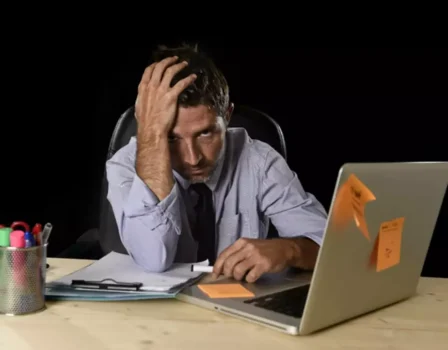
These chemicals reduce your perception of pain and trigger an experience in the body that’s similar to opiates. Many people drink to manage anxiety because alcohol can deliver this immediate sense of ease and comfort. If you’re still feeling anxious after a few weeks, contact your GP surgery. Talking therapies like CBT (cognitive behavioural therapy), can help you learn to spot unhelpful patterns of behaviour and help you to develop coping strategies. As the initial calm feeling fades you can feel anxiety as the effects of the alcohol wear off. The first couple of weeks, I managed to go to the gym and make strides towards creating healthier habits, Drug rehabilitation but that came tumbling down quickly.


